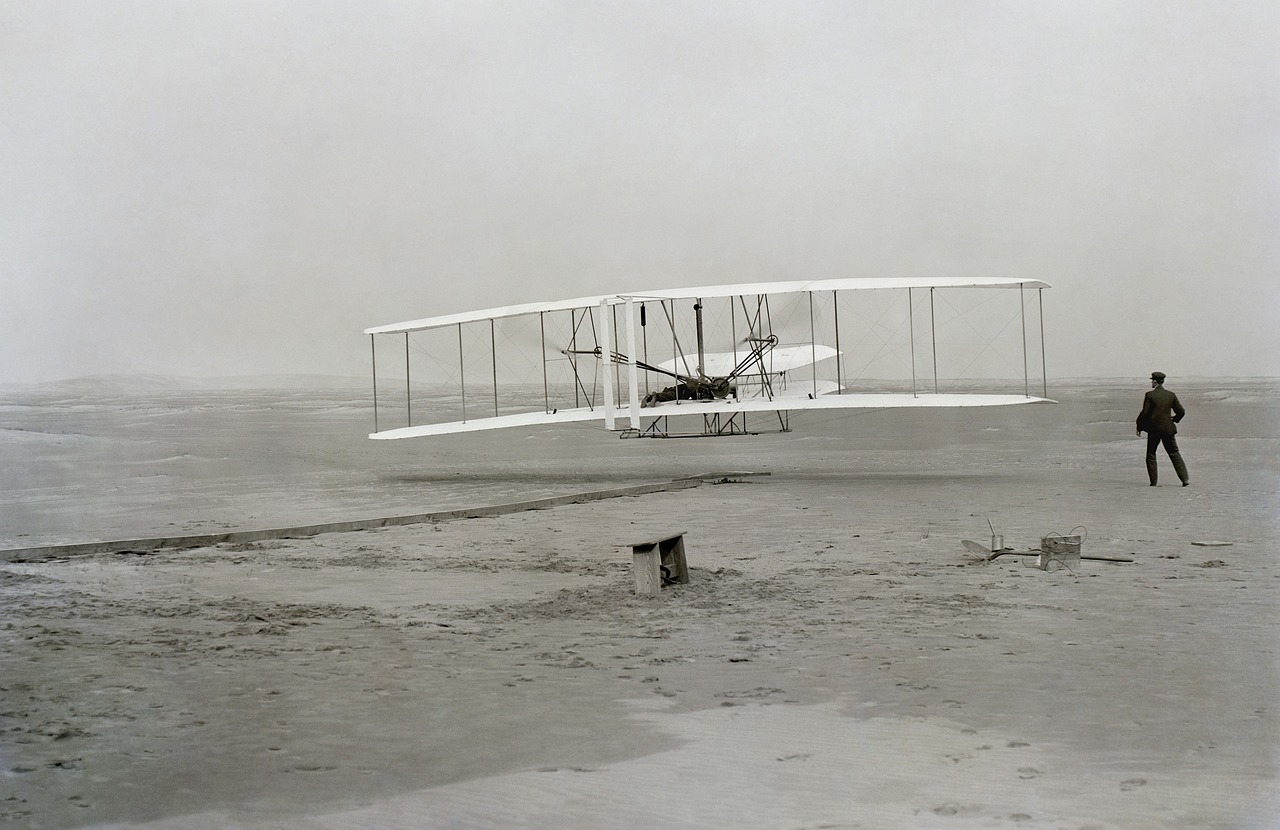patents

Comprehensive Legal Solutions for patents in India
- Patent is a legal right given to an inventor by the government, which allows them exclusive rights to develop, use and sell their invention for 20 years. According to World Intellectual Property Organisation (WIPO), it is defined as an exclusive right granted for an invention, which is a product or a process which provides a new way of doing something, or offers a new technical solution to a problem.
- When can an invention be patented in India? When the invention fulfils the criteria of Novelty, Inventive step, and industrial applicability. This requires that the invention is novel, not obvious to an ordinary person skilled in the art and useful for some industry. The process of getting a patent in India starts by filing the application in which technical information must be disclosed to the public for that particular invention with Indian Patent office and then an examination proceeding is carried out to ascertain the fulfil all requirements within several months. If successful, the patent is granted and published in The Official Patent Journal.
- In India, the law related to patents is Indian Patents Act 1970 only recognizes product patents. India is a signatory to key international agreements, including the Agreement on Trade-Related Aspects of Intellectual Property Rights (TRIPS), the Paris Convention, and the Patent Cooperation Treaty (PCT). These affiliations empower patent holders by facilitating cross-border protection of their rights while maintaining priority, enabling them to secure patent rights in multiple jurisdictions efficiently and effectively.
- Our patent services encompass every stage of the process, from filing to grant, with meticulous evaluation of each patent disclosure to ensure full compliance with Indian patent law before submission to the Indian Patent Office (IPO). We also conduct a range of critical analyses to support our clients' strategic decisions, including Freedom to Operate (FTO) searches, validity searches, white space analysis, risk assessments, and feasibility opinions. This comprehensive approach enables us to optimize patent protection and minimize potential risks for our clients across diverse industries.



